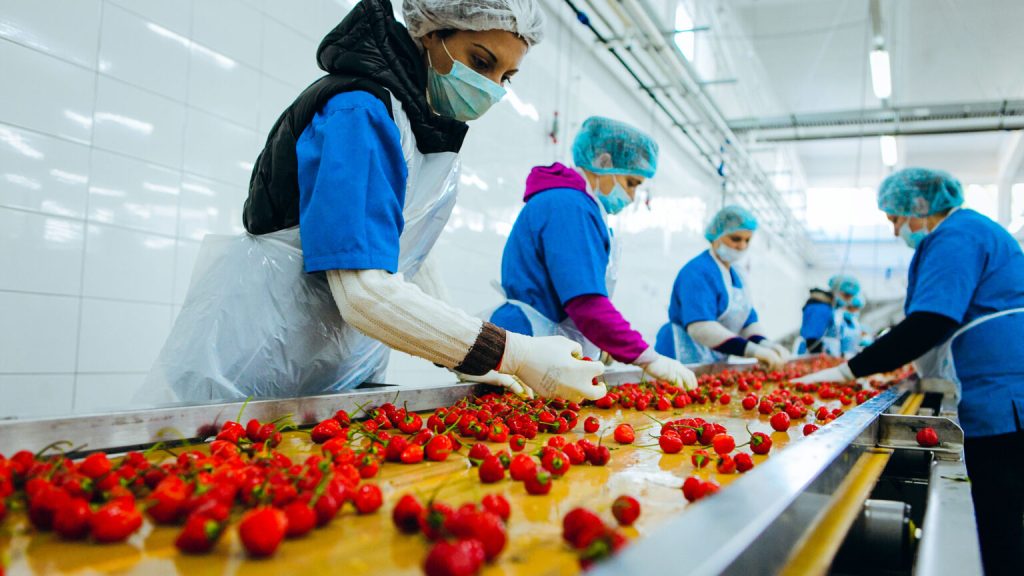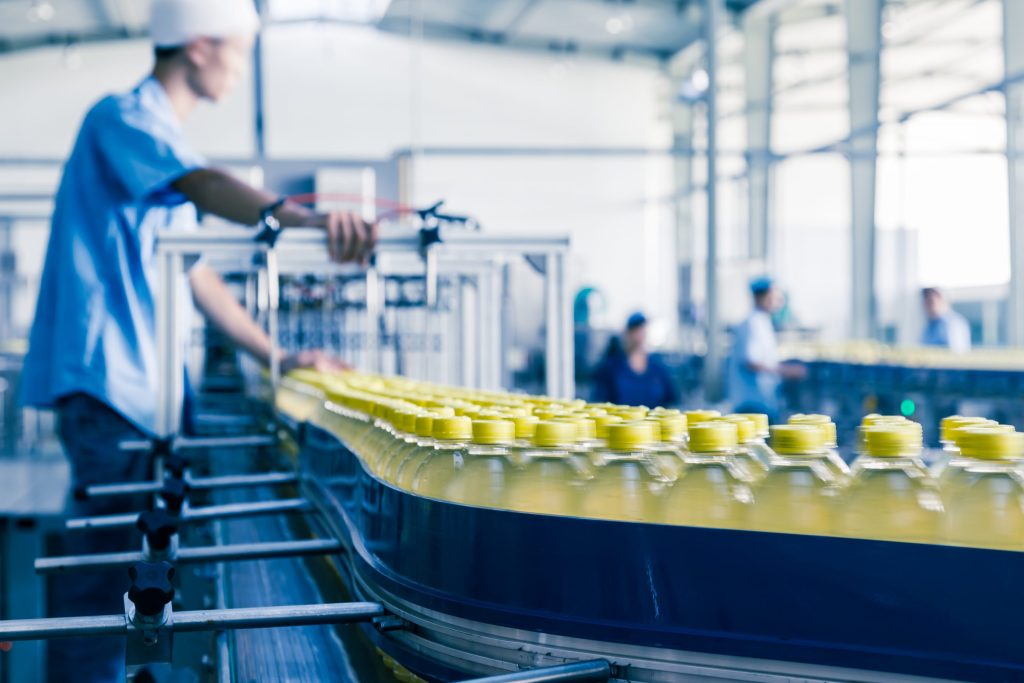Food safety is a crucial aspect of maintaining a healthy and nutritious diet. However, there are several common hazards that can compromise the safety of our food and put us at risk for foodborne illnesses.
In this section, we will discuss the most common food safety hazards including bacteria, viruses, and chemicals.
1. Bacteria:
Bacteria are microscopic organisms that can be found everywhere, including on raw foods such as meat, poultry, seafood, fruits and vegetables. While not all bacteria are harmful to us, some can cause serious foodborne diseases like salmonella, E.coli and listeria.
Bacteria are microscopic organisms that can be found everywhere, including on raw foods such as meat, poultry, seafood, fruits and vegetables. While not all bacteria are harmful to us, some can cause serious foodborne diseases like salmonella, E.coli and listeria.
To prevent bacterial contamination in your kitchen:
– Wash your hands thoroughly before handling any food.
– Use separate cutting boards for raw meats and produce.
– Cook meat thoroughly at the recommended temperature.
– Refrigerate perishable items promptly.
– Avoid using expired or spoiled products.
2. Viruses:
Viruses are tiny infectious agents that can cause severe illness when ingested through contaminated food or water. The most common virus associated with foodborne illnesses is norovirus.
Norovirus outbreaks often occur in crowded places like schools, nursing homes or cruise ships where the virus can spread easily from person to person. Symptoms of norovirus infection include nausea, vomiting, diarrhea, and stomach cramps.
To prevent viral contamination of food:
– Keep your kitchen clean and sanitized.
– Wash your hands regularly with soap and water.
– Avoid preparing food for others if you are sick.
– Cook seafood thoroughly before consumption.
3. Chemicals:
Chemicals can also pose a significant risk to food safety. They can contaminate food during production, processing, packaging or even during storage. Some common chemicals found in food include pesticides, cleaning agents, and additives.
Pesticides used on crops can leave residues on produce that can be harmful if ingested. Cleaning agents left on surfaces or equipment used for food preparation can also contaminate food. Certain additives like artificial sweeteners and preservatives have been linked to health concerns when consumed in high quantities.
To minimize the risk of chemical contamination:
– Buy organic produce as they are grown without the use of pesticides.
– Wash fruits and vegetables thoroughly before consumption.
– Use safe cleaning practices in the kitchen.
– Read labels carefully and avoid consuming products with harmful additives.

